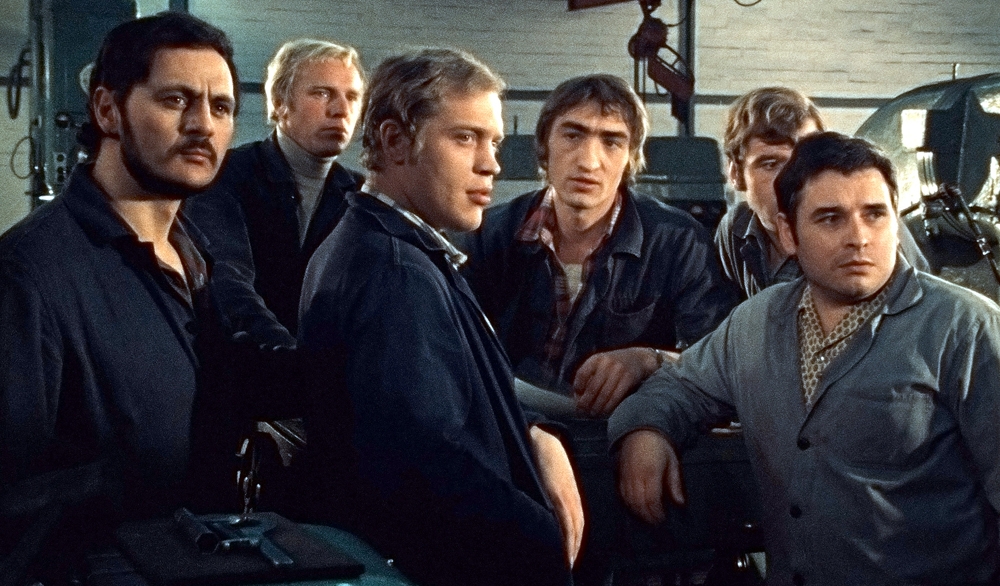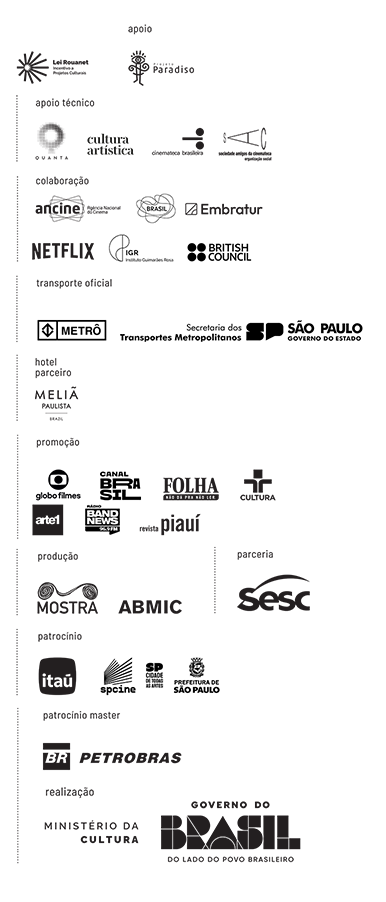Arquivo / 49th mostra
Eight Hours Don’t Make a Day (1972)

Sobre o filme
In the early 1970s, the German TV series used to portrait family dramas. With this show, Fassbinder went beyond and transposed the problems of a family of toolworkers to society: it’s about economy, politics, strikes and the struggle for workers’ rights. "Eight Ours Don’t Make a Day" is an example of the so-called “worker’s films” —genre developed by the channel WDR in West Germany in the late 1960s. The story tracks the everyday triumphs and travails of the young toolmaker Jochen and many of the people populating his world, including the woman he loves, his eccentric nuclear family, which in their three generations show views that range from progressive to conservative; and his fellow workers, with whom he bands together to improve conditions on the factory floor.
"Eight Ours Don’t Make a Day" was was digitalized and restored by ARRI, under the artistic direction of Juliane Maria Lorenz. The restoration was funded by: MoMA, Filmförderungsanstalt, Film und Medien Stiftung NRW, ARRI Media, Rainer Werner Fassbinder Foundation, RWF Werkschau and Verlag der Autoren.
technical sheet
Título original:
Acht Stunden sind kein Tag
Ano:
1972
Classificação:
16 years
Duração:
467 min
Gênero:
Fiction
País:
Germany
Tags:
Family, Karl Marx
Cor:
Colorido
Direção:
Rainer Werner Fassbinder
Roteiro:
Rainer Werner Fassbinder
Fotografia:
Dietrich Lohmann
Montagem:
Marie Anne Gerhardt
Elenco:
Gottfried John, Hanna Schygulla, Irm Hermann, Luise Ullrich, Werner Finck
Produtor:
Peter Marthesheimer
Produção:
Westdeutscher Rundfunk (WDR)
Música:
Jens Wilhelm Pedersen, Jean Gepoint
Edições:
42


